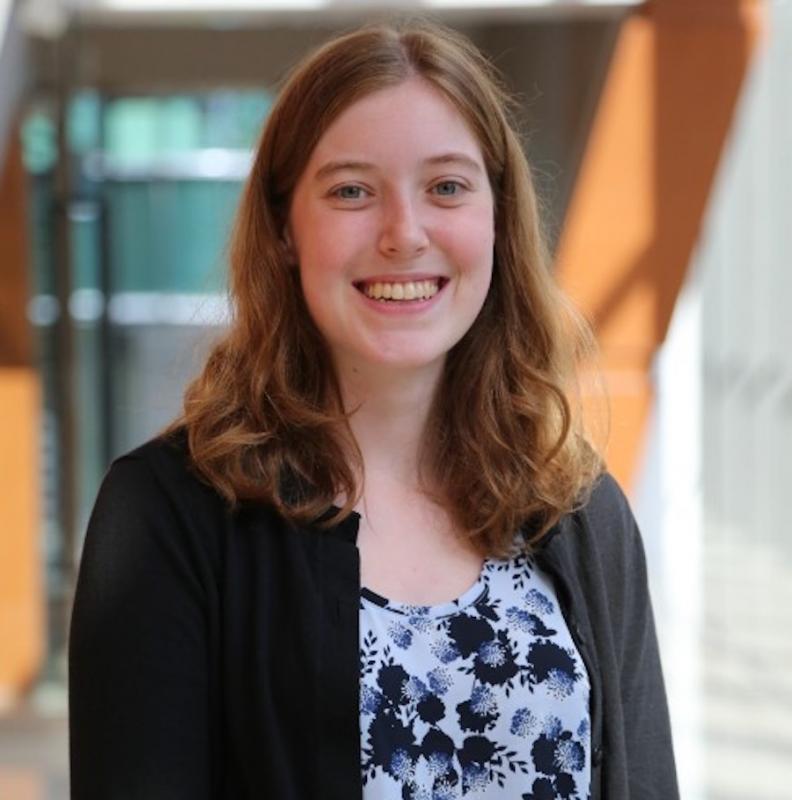History

Where are you now? What are you doing, and what does your work involve?
I'm preparing to start a Fulbright English Teaching Assistant position. I will be teaching English at a vocational school in Galicia, Spain. I will also have a side project, in which I'm hoping to help students develop a school newspaper.
How have you drawn on your experience in the Writing Center since graduating?
After graduation, I spent two years as a Writing and Speaking Fellow at NYU Shanghai. I tutored students in English writing, reading, speaking, and listening skills. I also delivered workshops on various academic topics. My time as a peer tutor at Haverford gave me a strong foundation in writing center pedagogy. Some of the most important skills I learned include how to develop a rapport with students and balance directive and non-directive tutoring. In addition, I learned that writing styles can vary across cultures.
How did you come to your current position? What have you done since graduating?
I learned about the position at NYU Shanghai through Haverford's Writing Center. I also spoke with a Haverford alum who had done the fellowship, and thought it sounded like a terrific opportunity. While working at NYU Shanghai, I became even more interested in teaching, which led me to apply for the Fulbright.
What role does writing have in your daily life and work?
The fellowship at NYU Shanghai included a personal writing project. In my first year, I wrote a history paper, and in my second year I wrote a series of op-ed articles. I'm interested in learning to write in different genres and recently took an online memoir and personal essay writing class!
What’s something you’ve learned about writing that you’d like to share with Haverford writers?
Spend time in the brainstorming phase! When I started tutoring, I began to embrace mind mapping and outlining. Getting all your thoughts on paper first – and organizing them – can make the writing process much smoother.